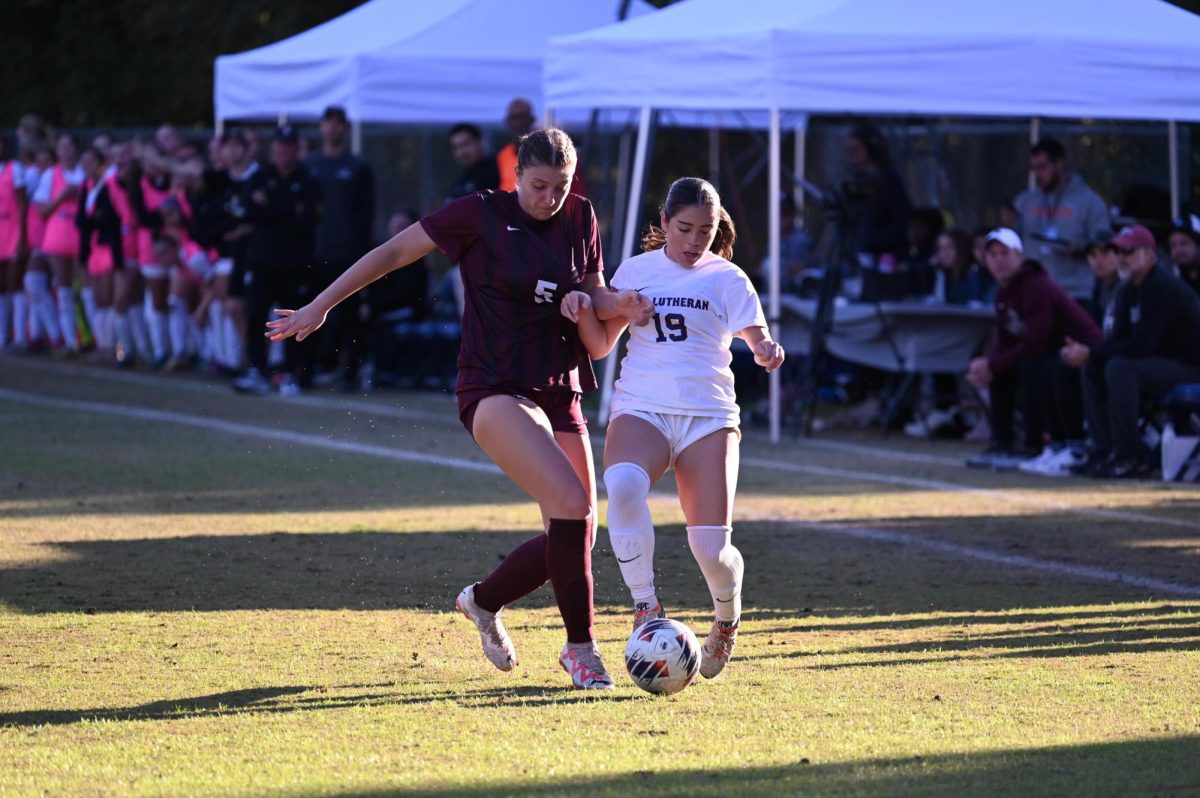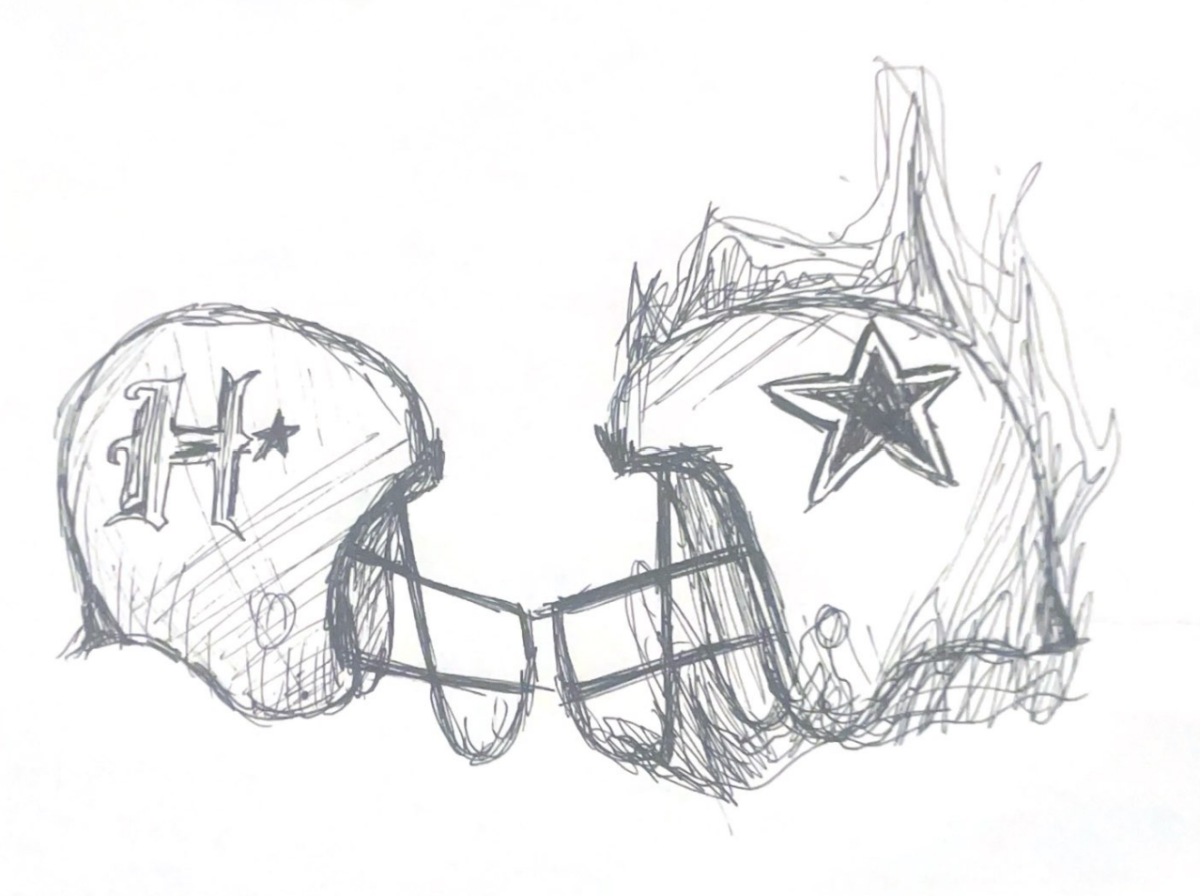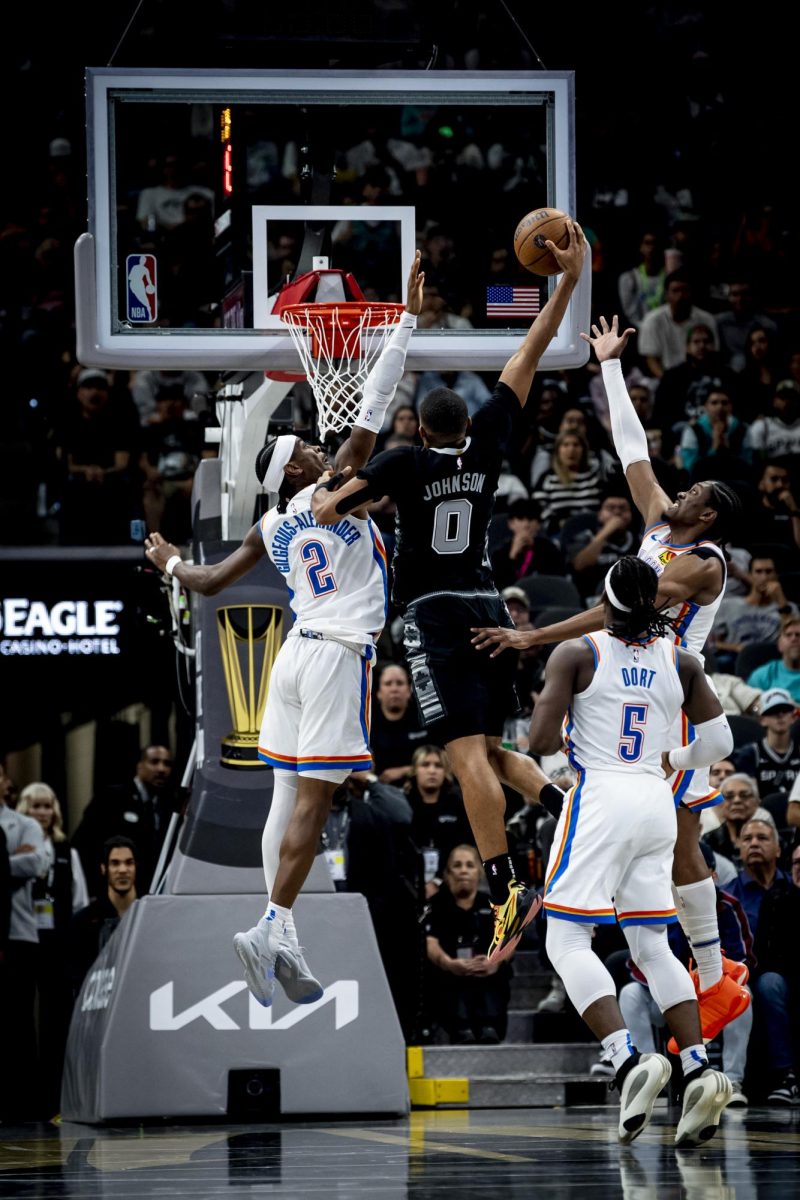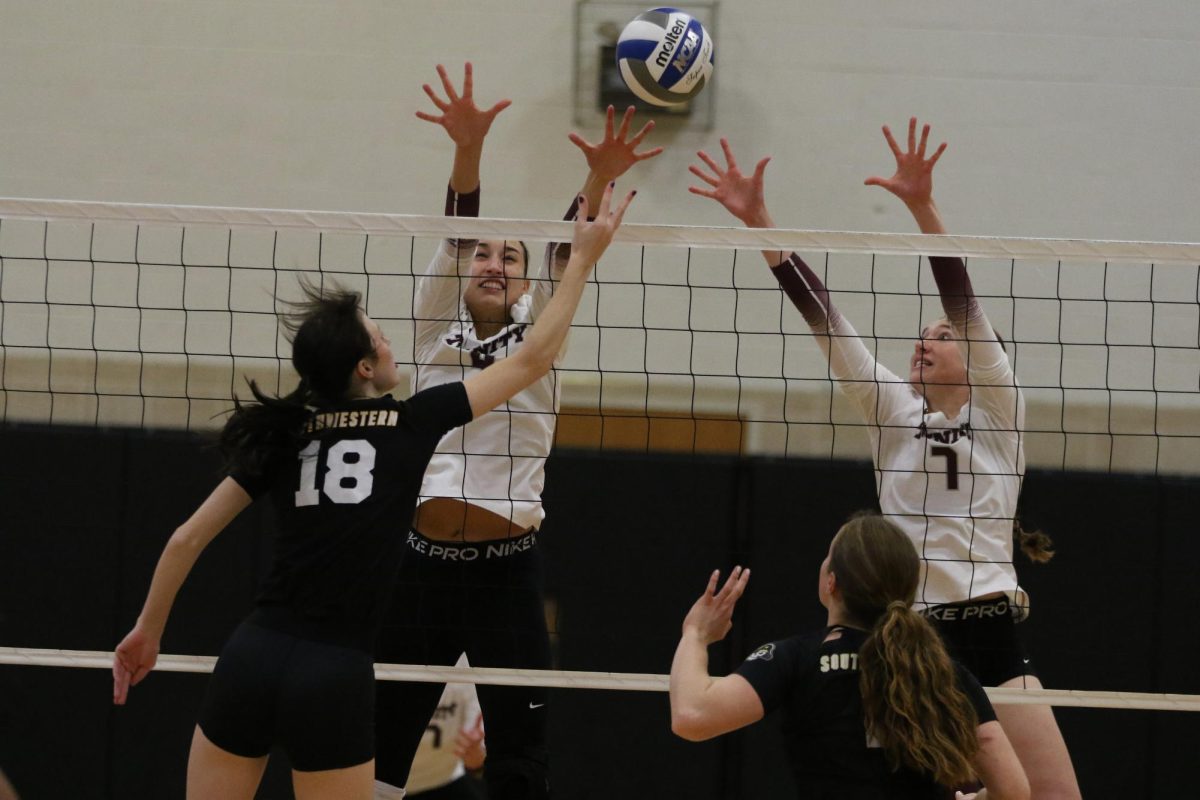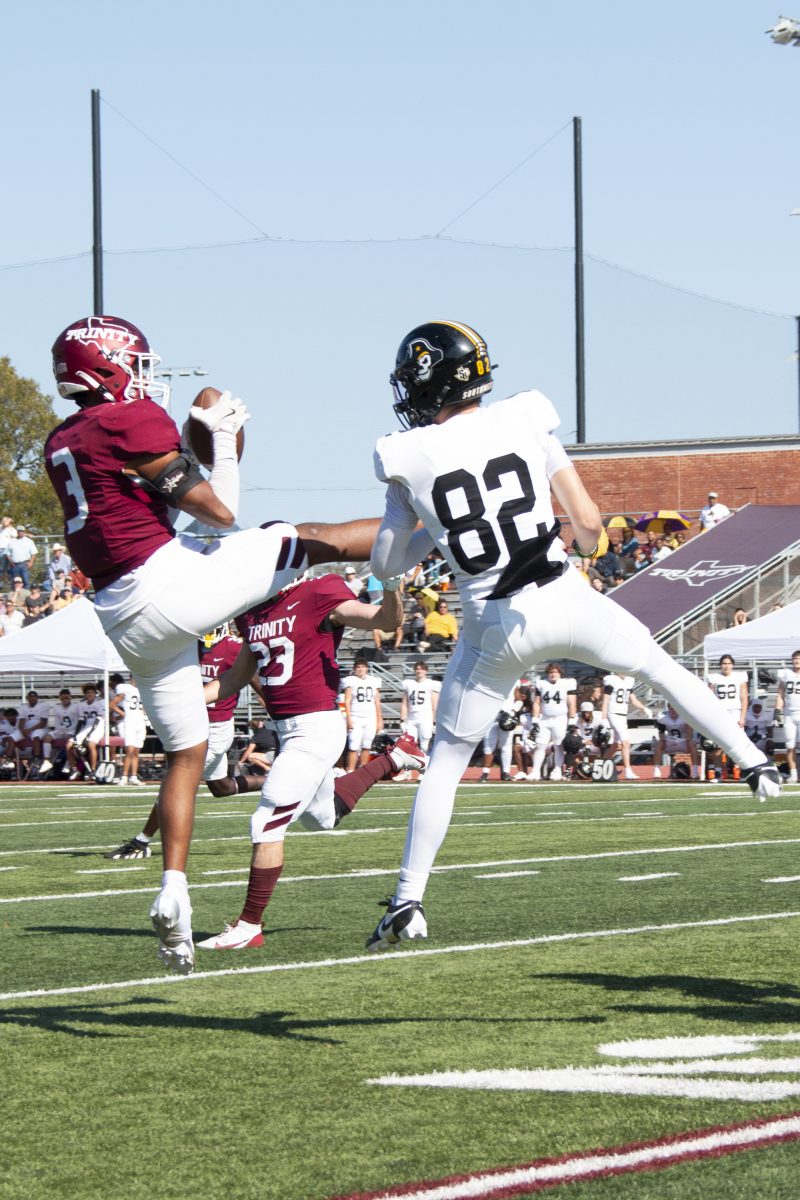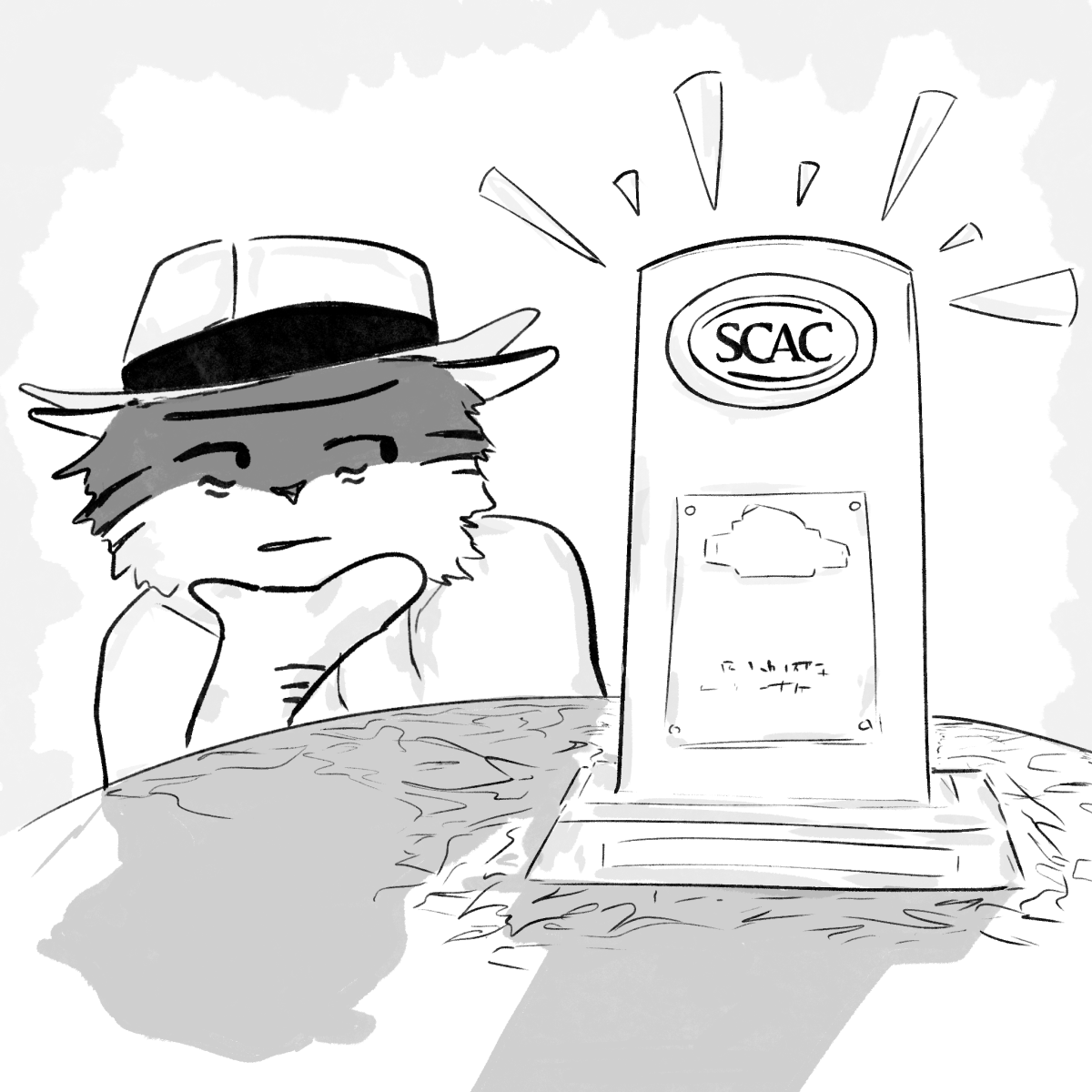In 1981, John McEnroe defeated Bjorn Borg for the US Open championship. It was the 14th time the two tennis players had battled, and McEnroe’s victory split the series at 7 to 7. The two young men were undoubtedly the best in the business, with gloriously bright futures ahead if they chose to honor their hard work and talent. But they didn’t. Borg walked out of the stadium that day before the award ceremony even commenced, never played another major and was completely out of the game within a few months. And McEnroe? “The Ringer” founder Bill Simmons wrote about a conversation he recently had with McEnroe, and what do you think they talked about? Borg. Over 35 years later, and McEnroe hadn’t let go of Borg’s premature departure. Whether Borg quit because of recurring injuries a damaged ego, or a deadly combination of the two, is irrelevant to the fact that McEnroe desperately wanted””needed””Borg to fuel his desire to compete at the highest level possible. To give his soul to the game. Without Borg, a piece of McEnroe vanished into the fascinating world of sports “what-ifs.” He coasted through the next few years, winning far less than a man of his abilities should’ve, and as Simmons puts it, “By 1985, he was kicking back in Malibu with his new girlfriend, wondering why he didn’t feel like playing tennis anymore.” He took that year off, and he’d never win another major. This phenomenon plays a huge role in the motivation of each sports’ true greats. When an athlete’s at the top of their sports mountain, and they look around and can’t find a peer at their level””someone who offers a real challenge””the inescapable question of “why I do what I do” raises its everlasting, ugly head. I think it’s safe to say that in team sports in addition to individual sports, the self must come first, at least at the end of the day. It’s human nature. Legends like Peyton Manning, Magic Johnson, Tiger Woods and Roger Federer certainly credit, trust and love their closest teammates, coaches and support system, and will acknowledge them as instrumental to their individual success until the day they die. But what pushed these men to achieve at a staggering rate? Was it merely a flimsy, fluctuating affection for the game they played, and the men they played with? Or was it a compulstion to give the sport their all because of their enviable situation? Somehow I doubt that. What you see more and more, as you study the greats’ answers, reflections and tireless work ethics, is people like Manning, Johnson, Federer and Woods who fought for, and ultimately craved total dominance of their game’s landscape. For Manning it was always a present challenger, Tom Brady. For Magic it was also a peer, Larry Bird. Federer and Woods spent much of the latter part of their careers chasing legends, Pete Sampras and Jack Nicklaus respectively, in pursuit of the total majors record. Frank Ocean put it bluntly when he said, “I’m about being the best.” That means training, playing and striving for that position on the timeless totem pole that you want to define you, forever. There is perhaps no better example to explain this invisible yet unavoidable mindset’s makeup than the most shocking retirement of all time, Michael Jordan in 1993. The truest of the GOAT’s, Jordan, and his Chicago Bulls pulled off the first three peat in NBA history from ’90-’93. The man was the unapologetic epitome of sport’s superiority. The way he owned the court was unparalleled “” not only in his time, but ever. And it seems, after that third ring, there was nothing left to prove “” nothing left to chase. So he quit, and tried to pick up professional baseball on the fly Tim Tebow style. It didn’t go so well. He struggled to eclipse the Mendoza Line in minor league ball for a couple seasons, decided his ego had taken enough of a beating, rejoined the Bulls in time for the playoffs of the ’94-’95 season, and the rest”¦ is history. The young, upstart Orlando Magic with a massive, incredibly gifted center named Shaquille O’Neal and yesteryear’s Derrick Rose, Penny Hardaway, defeated the Bulls in the playoffs. Embarrassed, furious and now properly fueled, Jordan reeled off three more decisive finals victories before retiring for the second time, and if not for the conflicting natures of his insatiable ego and deteriorating body, his magnificent story could’ve ended there. When Jordan was left to question his purpose within the realm of basketball post-early “˜90s dominance, he found there was none. He had accomplished everything he had imagined as a hungry, aspiring youth. There no longer remained a viable obstacle to his quest for greatness. There was no Borg left to push him. Only when he practically created a situation in which he would fail, was he left with a renewed hunger to compete. LeBron James is the latest manifestation of the chase for greatness. He’s made seven consecutive finals, and won three of the past five. He’s the reigning undisputed best of the best athletes in their respective sport “” he emits a steady, unwavering sense of power and confidence when he’s interviewed that others simply can’t muster, because he’s the best and he knows it, and everyone else know it too. This past year he fulfilled his promise, and redeemed the city of Cleveland in storybook, too-good-to-be-true fashion. It was awesome. There are no more mountains in the modern NBA for the King to climb, no more peers that can truly challenge his position as the man. In an awkward way, Kevin Durant and Steph Curry’s new partnership supports his claim to the throne. They are no longer what drives him. At the annual Nike Skills Challenge five weeks after the finals, a camper asked LeBron what motivates him. A simple question, deserving of a simple answer. “My motivation, is the ghost I’m chasing. The ghost played in Chicago.”
Categories:
When sports superstars chase ghosts; how the greats motivate themselves
Markham Sigler
•
November 7, 2016


